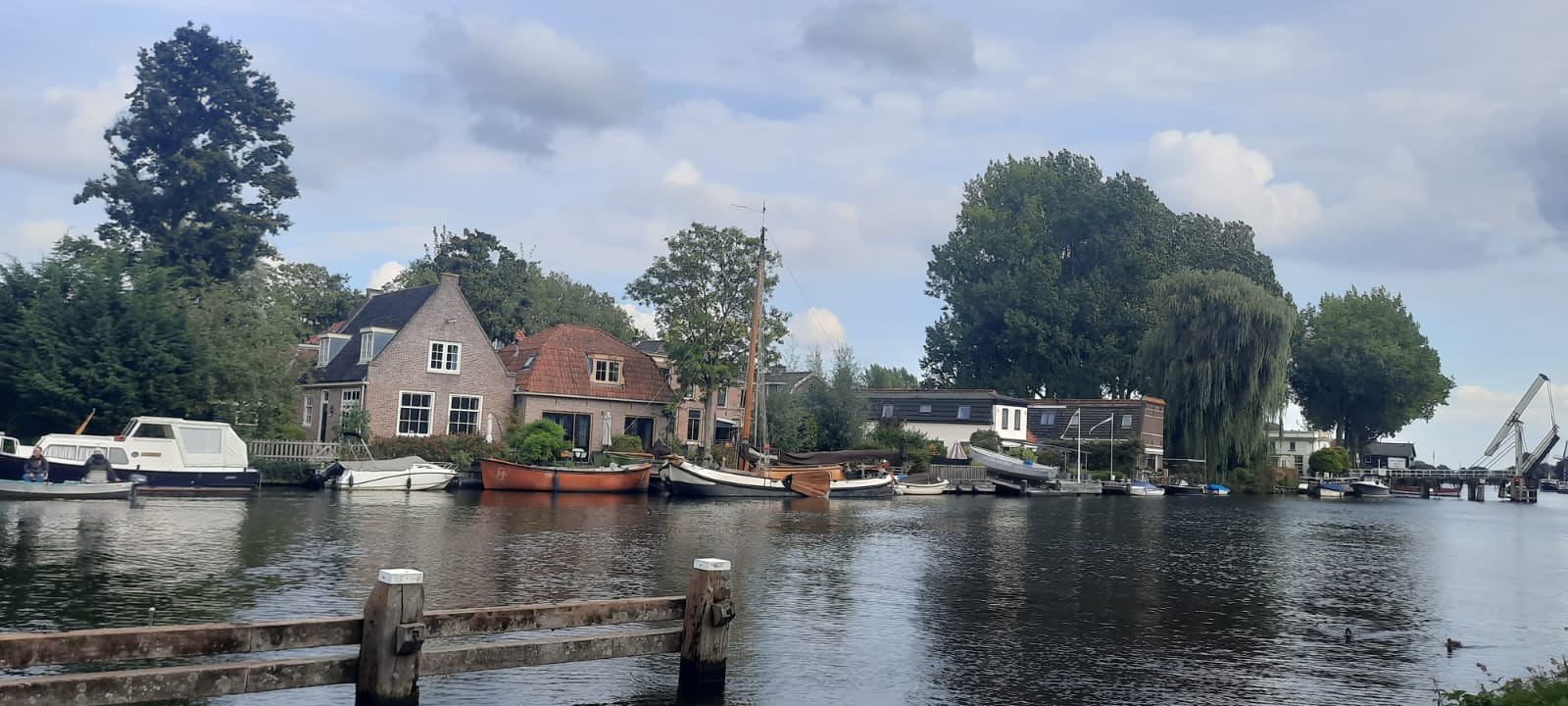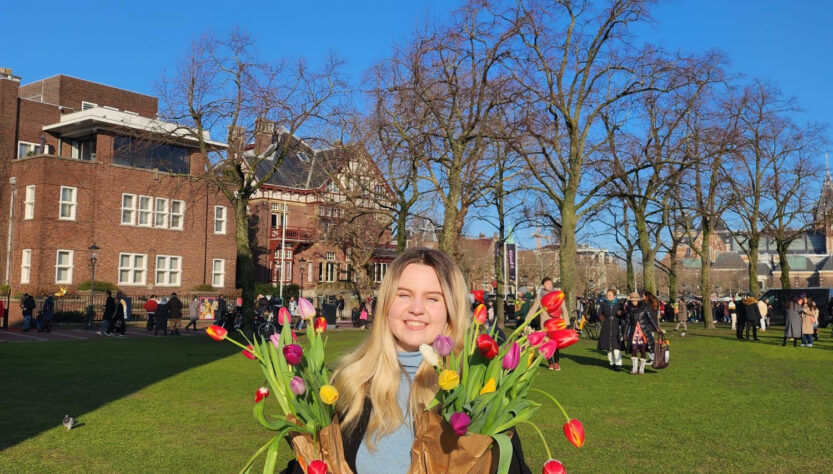Mia Uys
BCom International Business
Semester Exchange in the Second Semester, 2022 at Vrije Universiteit Amsterdam
Pre-departure:
There were many aspects before departure that I now know I should have done better or not have bothered with at all. Firstly, Visa applications were quite a headache for me. Although my host university, Vrije Universiteit, did make the process simpler for me by eliminating the need to make a physical appointment at the Dutch Embassy to submit my documents to the IND, I still felt extremely overwhelmed. There were just so many documents I had to sign and submit that I was unsure off. Thus, I would advise you to do research on which documents they need and the deadlines for the Visa application and to not be afraid to ask others, such as representatives from the Host University, questions.
I would also recommend that on the day you receive your Visa acceptance letter that you make an appointment at the Dutch Embassy closest to you. I had trouble securing an appointment to collect my MVV at the embassy, so to ensure that you receive your visa before you need to travel to your host country, I would put this at the top of my priority list. I would also advise others to utilize student housing if they are planning on doing an exchange in the Netherlands, especially at VU Amsterdam. Student housing is by far the cheapest accommodation you will find in Amsterdam, and you will have the benefit of the housing being relatively close to campus. Additionally, you will be living with other students, so it will be easier to make new friends and build a support network in an unfamiliar country. I would also recommend packing lightly, as you will need less stuff than you think for the next six months abroad. You will also want to bring souvenirs back to your family, friends, and off course, for yourself, thus you will need some extra space in your bags. In terms of winter clothes, I would also recommend buying them while on exchange if you are travelling to Europe, as the clothes are usually better quality and are cheaper than you would find in South Africa.
Experience at the host university:
I found that the university system in the Netherlands, specifically at Vrije Universiteit, differs quite a lot from South African Universities such as Stellenbosch. A semester is divided into three periods, where periods one and two are usually two months each, and period three only one month. You would typically have two modules each period and they would start and end in the specific period that they occur in. This is a big difference from Stellenbosch, where all modules would start at the beginning of the semester and end at the end of the semester. This would effectively mean that modules are completed at a much faster pace. Furthermore, where one would have 50-minute classes at Stellenbosch, one class here is usually two and a half hours long. Consequently, this would mean that there are less classes per week than what you would be used at Stellenbosch. In my personal experience, I did prefer Vrije Universiteit’s way of working, although work had to be understood and completed at a much faster pace than what I was used to, there were never periods that I felt overwhelmed with university work, thus I felt I had a good work-life balance. The big advantage of Stellenbosch is that work is done at a slower pace, so there is usually time to catch up with work if you fall behind, but you will experience at least two big periods during the semester when all modules’ assignments and tests happen at the same time.


